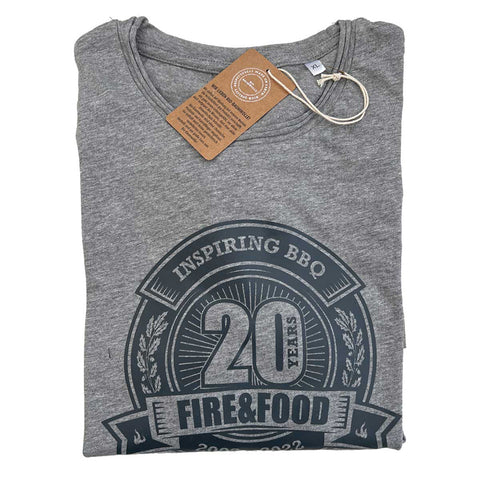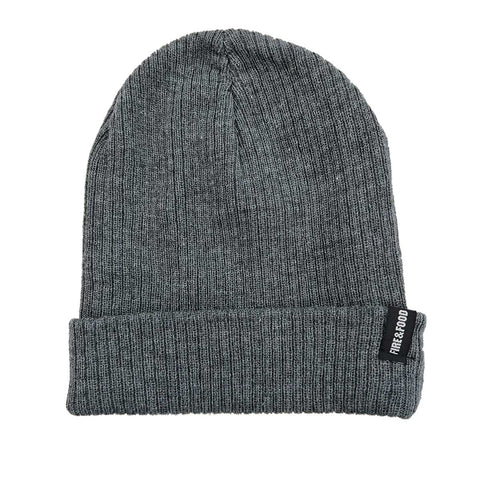Grilling with aluminum foil – safe handling and alternatives
We encounter aluminum foil in many areas of everyday life - whether as packaging material for food and medicines or rolled up in the kitchen cupboard next to baking paper and cling film. Aluminum foil or the aluminum grill tray is also often used when grilling to protect the food from grease fires or to keep it warm. But this method has a reputation for being harmful to health. For these reasons, FIRE&FOOD tries to avoid aluminum foil in its recipes as much as possible. But to what extent are these concerns justified?
Aluminium is the most common metal on earth and we come into contact with it every day. Be it through drinking water or through the plants in our natural foods. Aluminium can be found in tea, chocolate or spices and can also be found in cosmetics and care products such as lipstick, toothpaste, deodorants, sunscreen, creams and lotions as well as in some medicines. In the food industry, this metal protects food from light, oxygen, moisture or germs and thus extends its shelf life. To prevent the transfer of aluminium to the food, packaging and containers such as beverage cans and tanks for fruit juice and long-life milk or yoghurt pot lids are coated on the inside. The problem: Aluminium can be stored in our bodies for a very long time and poses a health risk. It affects the nervous system, fertility and unborn life and influences bone development. For this reason, the European Food Safety Authority (EFSA) has derived a tolerable weekly intake of one milligram of aluminium per kilogram of body weight for oral intake through food. However, this value can be exceeded in some cases. The acute toxicity of aluminium when ingested through food is low, but the health risks associated with chronic intake have not yet been adequately researched. The BfR (Federal Institute for Risk Assessment) therefore recommends minimising any additional intake of aluminium as far as possible.
Pros and cons: Aluminium when grilling
Aluminum trays and foils can withstand high temperatures, have good heat conduction properties and are often used when grilling to catch dripping fat from the grilled food so that it does not drip into the embers or flames and form carcinogenic substances when burned. The so-called polycyclic aromatic hydrocarbons (PAHs), many of which have a carcinogenic effect, are always formed when fat from the meat or oil from the marinade drips into the embers or onto the heating coil of electric grills.
Grill trays or foil made of aluminum prevent this process, so the food is not contaminated with undesirable substances. A positive side effect: cleaning the grill afterwards is not as time-consuming. However, as soon as acidic or salty foods such as heavily salted or marinated meat or fish seasoned with lemon juice are stored and/or cooked in the aluminum tray or foil, the acid and salt can dissolve and dissolve the aluminum. An effect that must also be considered with regard to tomatoes, apples, rhubarb or cheese. Aluminum salts are formed which are transferred to the food. In people with kidney disease in particular, aluminum can accumulate in the body and, in large quantities, can lead to nervous system disorders. So if the grilled food comes into direct contact with aluminum, it should only be seasoned before it is served on the plate. Another solution is to use baking paper or butcher paper , which is placed on the aluminum foil as a kind of "protective layer" before the grilled food is wrapped in it and cooked. The outer aluminum layer, in turn, helps prevent the paper from burning. Alternatively, you can use grill trays and baskets made of stainless steel, ceramic or enamel from the grill accessories as an alternative, and wooden and salt planks also reliably prevent fat and meat juices from dripping into the embers and forming undesirable substances.
Further information on this topic can be found at:
www.aluinfo.de , www.allesueberalu.de , www.bfr.bund.de





















